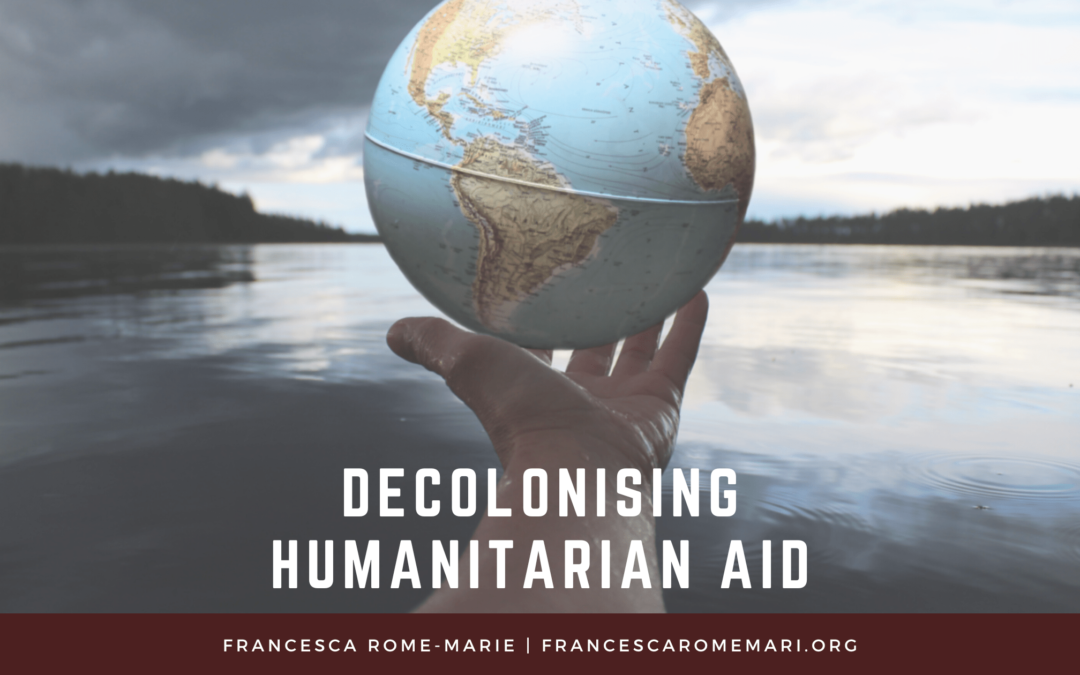Following the emergence of the Black Lives Matter movement in 2020, many people have been talking about the concept of decolonisation. However, there is still much confusion regarding what it means. Despite the ideological differences, many initiatives are still being taken to further decolonisation effectively.
Progressive Funding
In response to the increasing number of grassroots organizations receiving funding, many organizations have started offering more participatory methods of channelling their donations. These programs aim to place greater trust in the individuals working on the project and improve the quality of the relationship between the funder and the recipient. In the humanitarian sector, a program known as the Survivor and Community-led Crisis Response seeks to provide small grants to local groups to help them carry out their own projects.
Diverse Leadership Model
The International Planned Parenthood Association of the States (IPAS) has developed a roadmap to transform its operations into a networked global organization. This will allow it to have more authority and leadership. Similarly, the CARE organization has also changed its structure, with a confederation of 21 groups from various regions. The Start Network, on the other hand, is shifting its membership to a series of regional and national hubs.
Decolonisation
Degan Ali, a Somali-American aid worker, has developed a framework that aims to help international non-governmental organizations (NGOs) get out of their core business and become more effective in addressing the issues that make aid necessary. Through this framework, she has helped several organizations transform their operations and become more efficient. Ali is currently working on a similar framework for donors.
Racial Equity Tools
The project, which is currently in the works, aims to be the first of its kind in the global development sector to measure the performance of international organizations on racial equality. After inviting various organizations to submit their data, it aims to provide a comprehensive view of how well these organizations are doing. The index’s first iteration will be live by mid-2023 and is based on worldwide data.
Narrative Transformation
In 2020, the British charity known as Comic Relief announced that it would no longer send celebrities to Africa. According to its co-founder, Henry, the continent’s people don’t want to see the organization tell its stories. In 2021, Africa No Filter released a handbook that provides eight ethical storytelling tips for developing countries. As a result, many organizations are now changing their approach to telling their stories.

